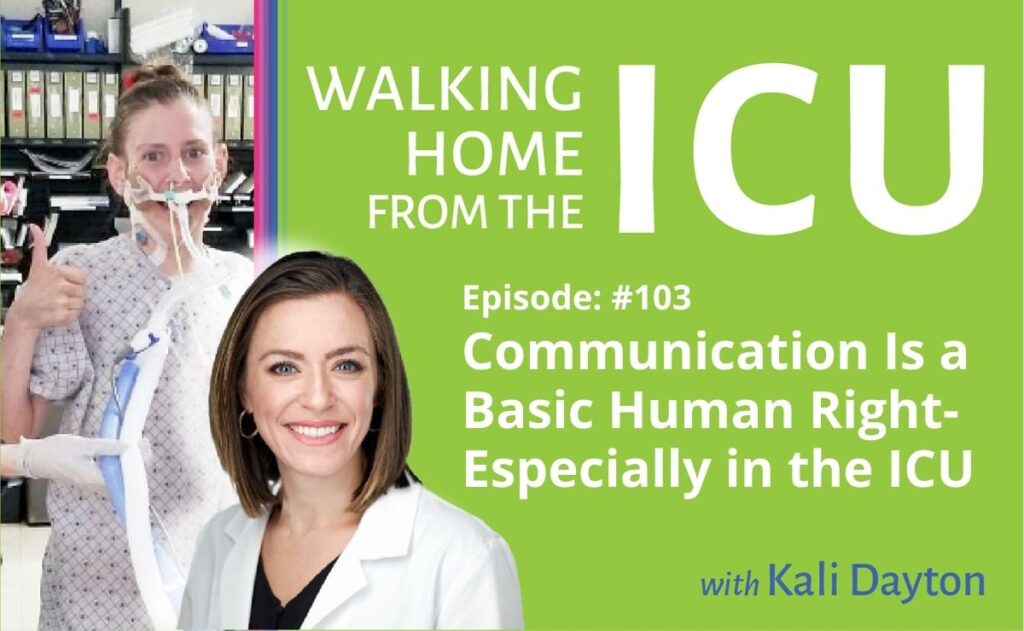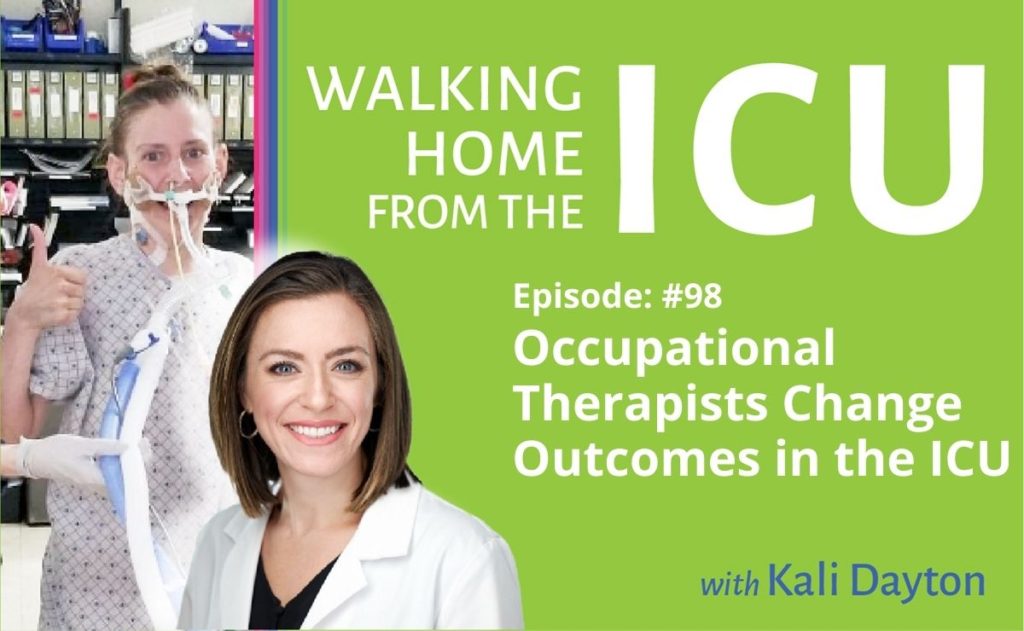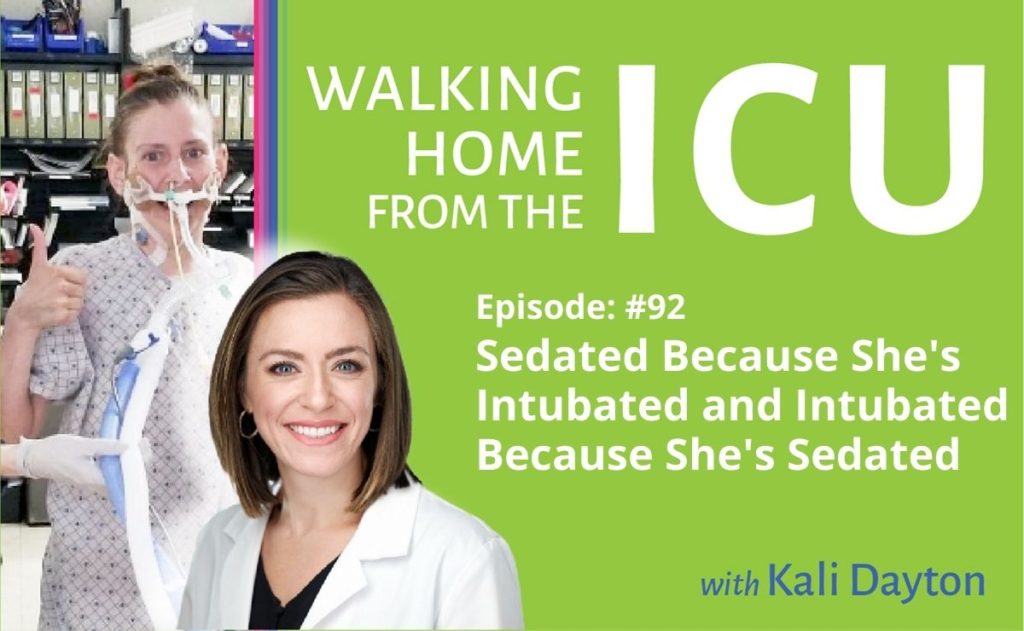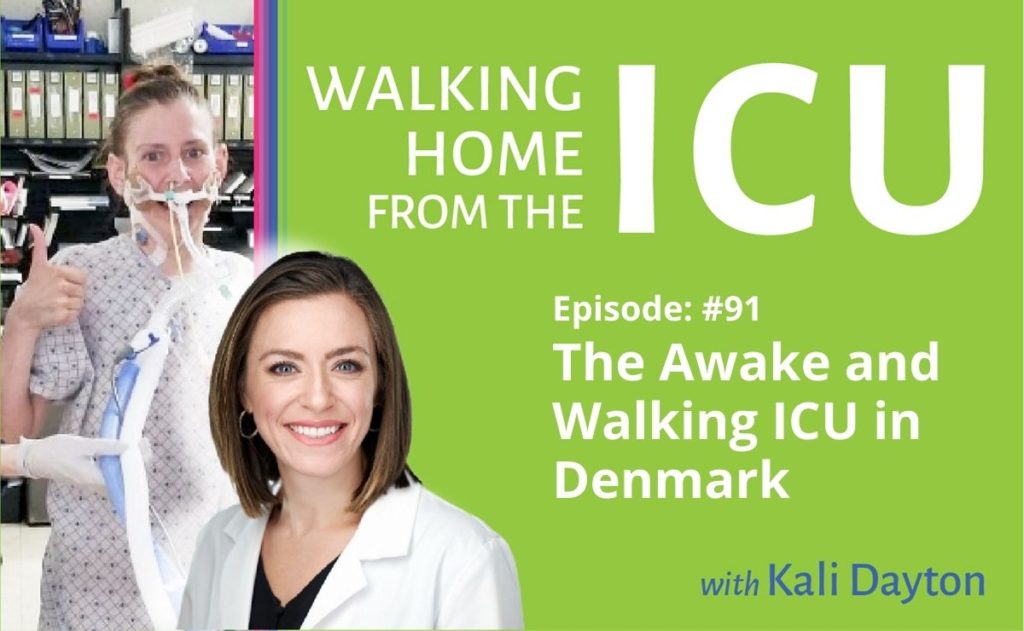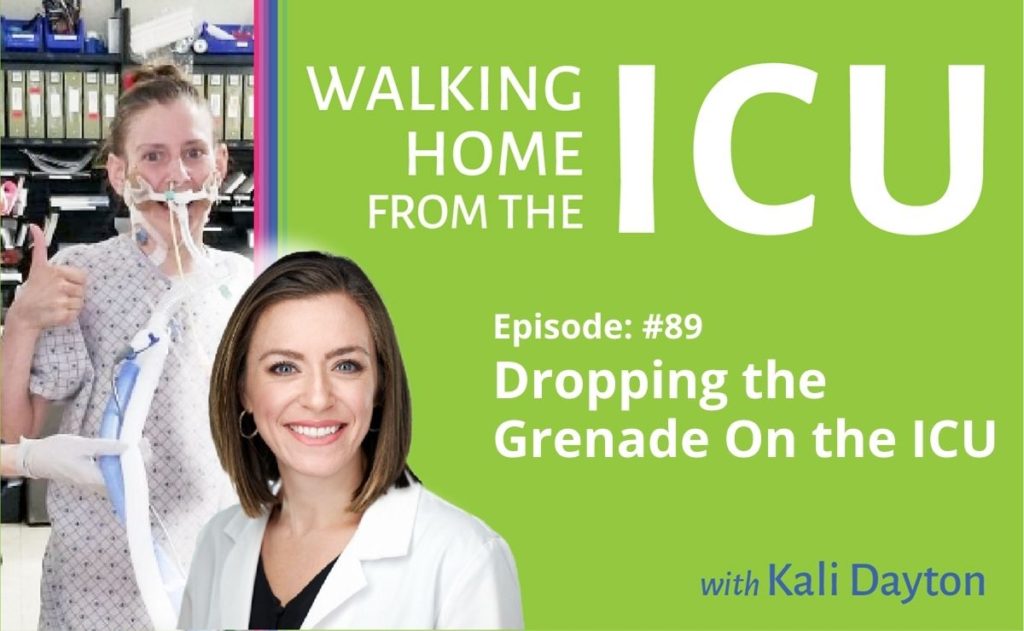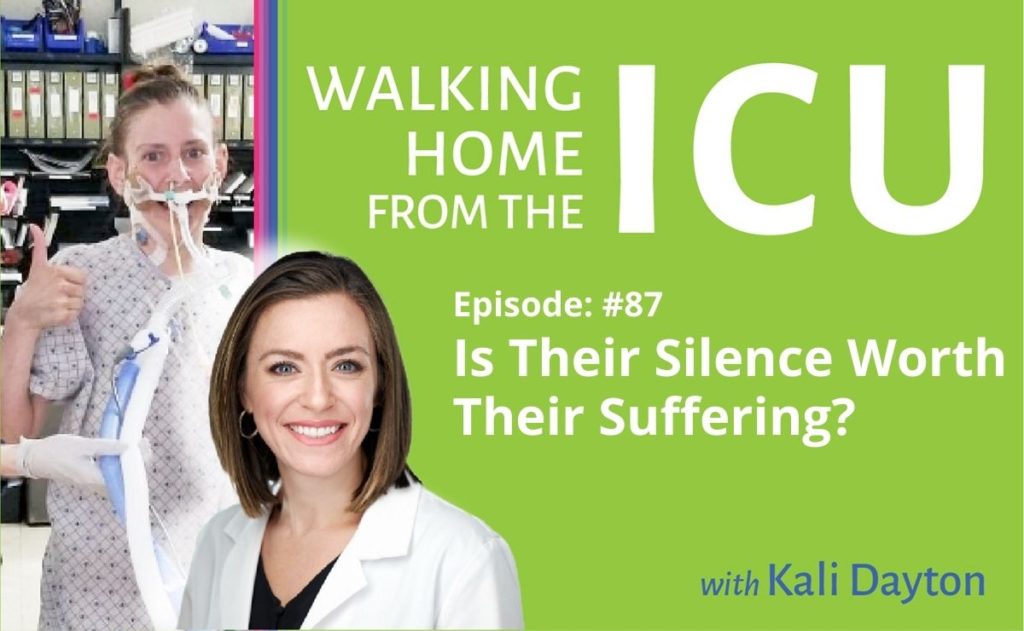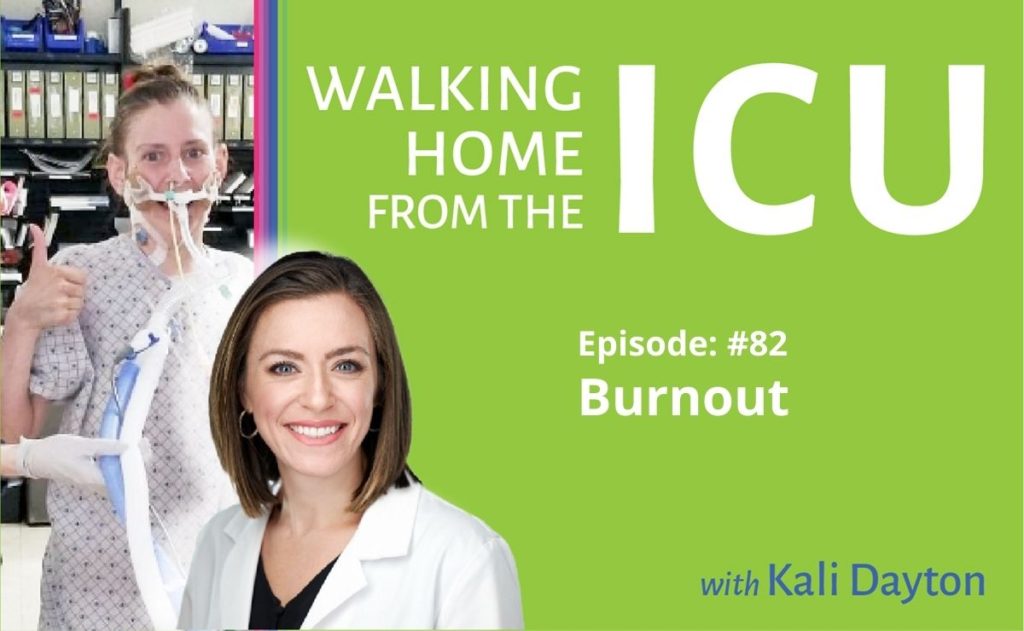
Walking Home From The ICU Episode 105: The ABCDEF Bundle in the CVICU
How does the ABCDEF bundle apply to the CVICU with a variety of diagnoses, acuities, and devices? Anna Dalton, DNP, ACANP, in an “Awake and Walking CVICU” shares with us the evolution their team has experienced in improving their mastery of the ABCDEF bundle. Episode Transcription Kali Dayton 0:38 Okay, the next three episodes are
Learn More > from Walking Home From The ICU Episode 105: The ABCDEF Bundle in the CVICU
